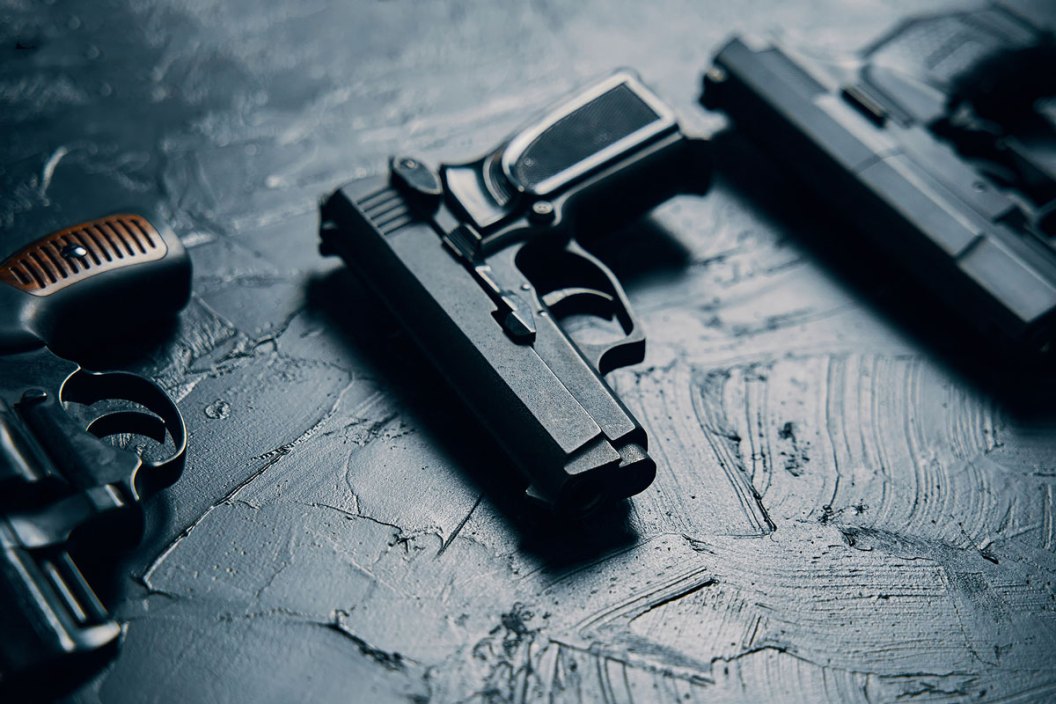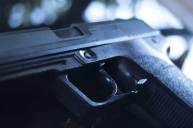The background check system for gun purchases has been in place since 1998—here's how it works.
Simply put, the National Instant Criminal Background Check System (NICS) is the national background check system that was put in place for gun purchases in the United States when the Brady Handgun Violence Prevention Act, aka The Brady Bill, which was passed by congress and signed into federal law by President Bill Clinton in 1993.
The law is a piece of gun control legislation that prohibits firearm sales to anyone who doesn't qualify for eligibility to own a firearm under the law's criteria. The NICS checks determine if someone is prohibited or not.
The actual background check system was launched in 1998 and is administered by the Federal Bureau of Investigation.
Here's how the NICS system works in participating states. All firearm sellers, manufactuerers and importers—any federal firearms licensee—must perform NICS background checks on buyers before a firearm transfer can be completed.
The customer fills out ATF Form 4473, which was created and updated by the Bureau of Alcohol, Tobacco, Firearms, and Explosives. By answering the questions on the form, the buyer must disclose any criminal history and their mental health history. Then, the NICS background check is initiated.
What actually happens during a NICS background check
When the background check is performed, the information of the prospective transferee is compared against a list of persons prohibited from owning firearms. The check itself accesses three databases: the National Crime Information Center (NCIC), the Interstate Identification Index (III), and the NICS Index.
The information is discarded once the check is performed, but the FFL (federal firearms license) holder must keep a record of the transaction.
The idea of the check is that it's supposed to be instant, completed by phone or computer. While most are determined in minutes, in strange times like these, they can take several days. By the letter of the law, if a NICS check request is completed by the feds within three business days, the seller can go ahead with the transfer, but few firearms dealers are willing to go through with a transfer without a completed NICS check.
Additional hoops in some states
Some state laws require background checks for all private firearm transfers as well, and now that they can be performed via computer nearly instantly, FFLs will perform NICS checks at gun shows for firearm purchases. Additionally, some states will require additional waiting periods or permits for handguns, while long guns can be transferred as soon as the NICS check is complete. To be sure of your local laws, check the .gov website for the attorney general's office in your state.
While the number of NICS checks performed is a good indicator of gun sales, it isn't a one-for-one ration, as NICS checks are used for other things, such as preventing prohibited persons from working at schools.
Of course, the whole system is dependent on participating states submitted state records regarding identifying information, felony convictions, domestic violence, misdemeanor crimes and crimes related to controlled substances.
NEXT: LEARN HOW OLD YOUR BUCK IS THROUGH JAWBONE AGING
WATCH





